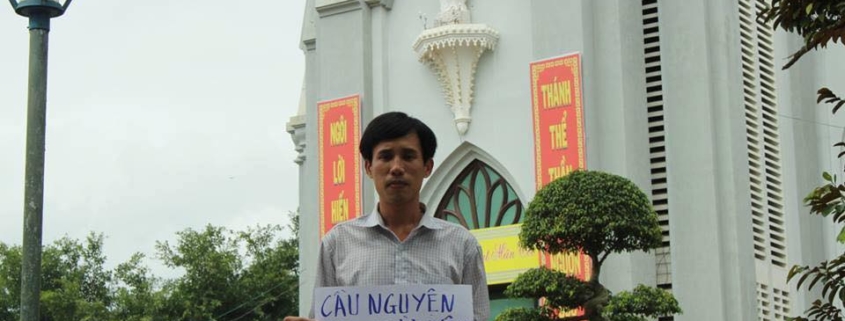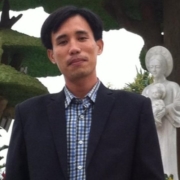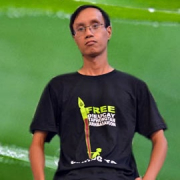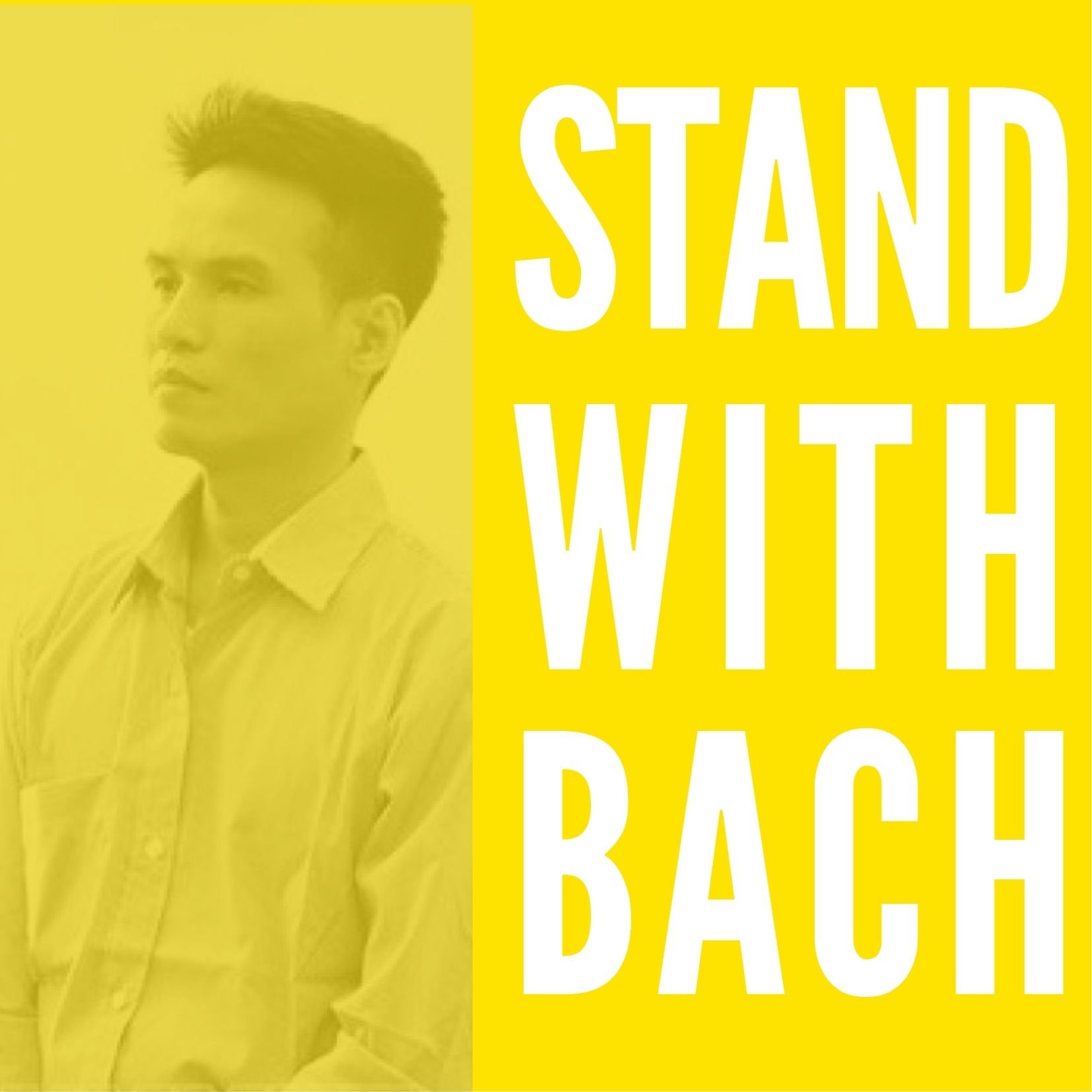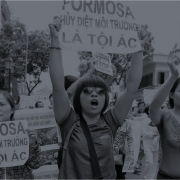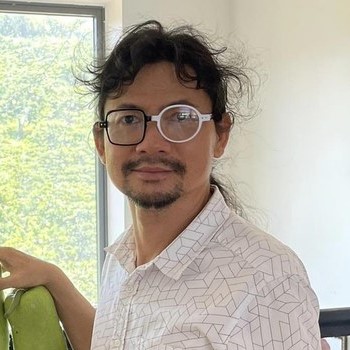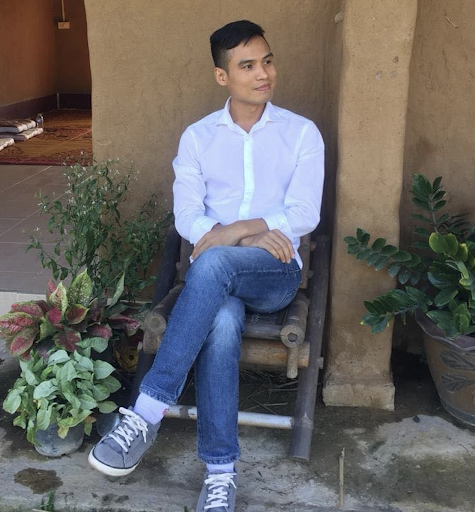International Workers’ Day 2024 – Overview of Upcoming Labor Rights Developments in Vietnam
Above: Hoang Duc Binh is a labor rights activist currently serving 14 years in prison
May 1, 2024 – International Workers’ Day
Freedom of association does not currently exist in Vietnam. Observers hope that domestic and international developments expected later this year may help to change that, but the prospects of Vietnam implementing true labor reform during a time when civic space is increasingly under fire remains unlikely.
The current status of unions and labor organizing
There is one labor union confederation in Vietnam, led by the ruling Communist Party, called the Vietnam General Confederation of Labor (VGCL). All unions must affiliate to this Confederation; independent unions are banned. At the independent workplace level, union representatives have often been members of company management. Consequently, the VGCL is subordinated to the Party at the national and regional levels, and often to company management in the workplace.
At certain times over the past couple of decades, dissident labor activism has had some ephemeral stirs of excitement – such as before Vietnam’s accession to the World Trade Organization (WTO) in 2007, and around the time of ratification of the Trans-Pacific Partnership (TPP)/Comprehensive and Progressive Agreement for Trans-Pacific Partnership (CPTPP) agreement in 2016-2017 – but this has now been successfully crushed by the government.[1]
Labor rights NGOs, both domestic and international, have had more success, with many interesting projects and initiatives. In the current context of closing civil society space, however, the situation is becoming increasingly difficult for them, with many restrictions on their activities. The 2010s saw large numbers of wildcat strikes, organized by workers themselves, but in recent years, strike numbers have also fallen significantly.
Legal developments forthcoming in 2024
The situation, however, may be changing. 2024 will be an important year for labor and freedom of association rights. The 2019 Labor Code, which became law in January 2021, contains some freedom of association reforms. Chapter XIII of the Code allows for independent “worker organizations” (WOs), not affiliated to the VGCL. Worker organizations are not unions (the only legal unions are still the VGCL’s unions), and are more limited in what they can do compared to unions, but this is the first time in the modern era that any freedom of association has been allowed under Vietnamese law.
However, WOs cannot yet exist in practice. This is because the Labor Code states that many aspects of WOs, including basic procedures for registering them, are to be further regulated. This requires an implementing decree, which has been delayed until now. It is finally expected later this year.
Vietnam is also expected to ratify the International Labor Organization’s (ILO) Convention 87, on Freedom of Association and Protection of the Right to Organize, this year. The ILO is the UN’s labor rights body. It has many conventions which ILO member states (of which Vietnam is one) are invited to ratify. Two of these, Convention 87 and Convention 98, on the Right to Organize and Collective Bargaining, are seen as fundamental to ensuring freedom of association. Vietnam ratified Convention 98 in 2019, and it became law a year later. The government has said it will ratify Convention 87 this year.
There is a lot of excitement about these reforms among the international community. The US Department of Commerce, for example, is currently considering granting Vietnam market economy status; one of the key considerations of this is whether wages are set by free bargaining between labor and employers, which presumably includes freedom of association and representative unions.
Furthermore, these reforms are taking place within a context of extreme closing of civil society space, which has been well documented by Project88. Dissidents, NGO leaders, bloggers, and even some progressive reformers within the government are now being arrested. Civil society organisations which are still operating are doing so under stricter regulations with regard to their funding, operating, and reporting requirements, causing major delays and limitations in implementing projects. The Vietnamese government has also made an explicit commitment under Directive 24 not to allow independent labor unions and regularly repeats its support for the VGCL. These circumstances are not conducive to the development of real freedom of association in practice.
Stay tuned as Project88 explores these planned reforms, their implementation, and their real effects in the coming months. We’ll be bringing you a labor rights update each month to analyze the latest developments, how they measure up to Vietnam’s international promises, and what they mean for the human rights situation more broadly.
© 2024 The 88 Project
[1] For example, Hoang Duc Binh, as the vice president of Viet Labor Movement, formed a ‘Union for Fishermen in the Central Region’ and actively worked to organize the Catholic community in Nghe An province to obtain compensation for the damages caused by the Formosa environmental disaster in 2016. He was later arrested, convicted, and sentenced to 14 years in prison.


